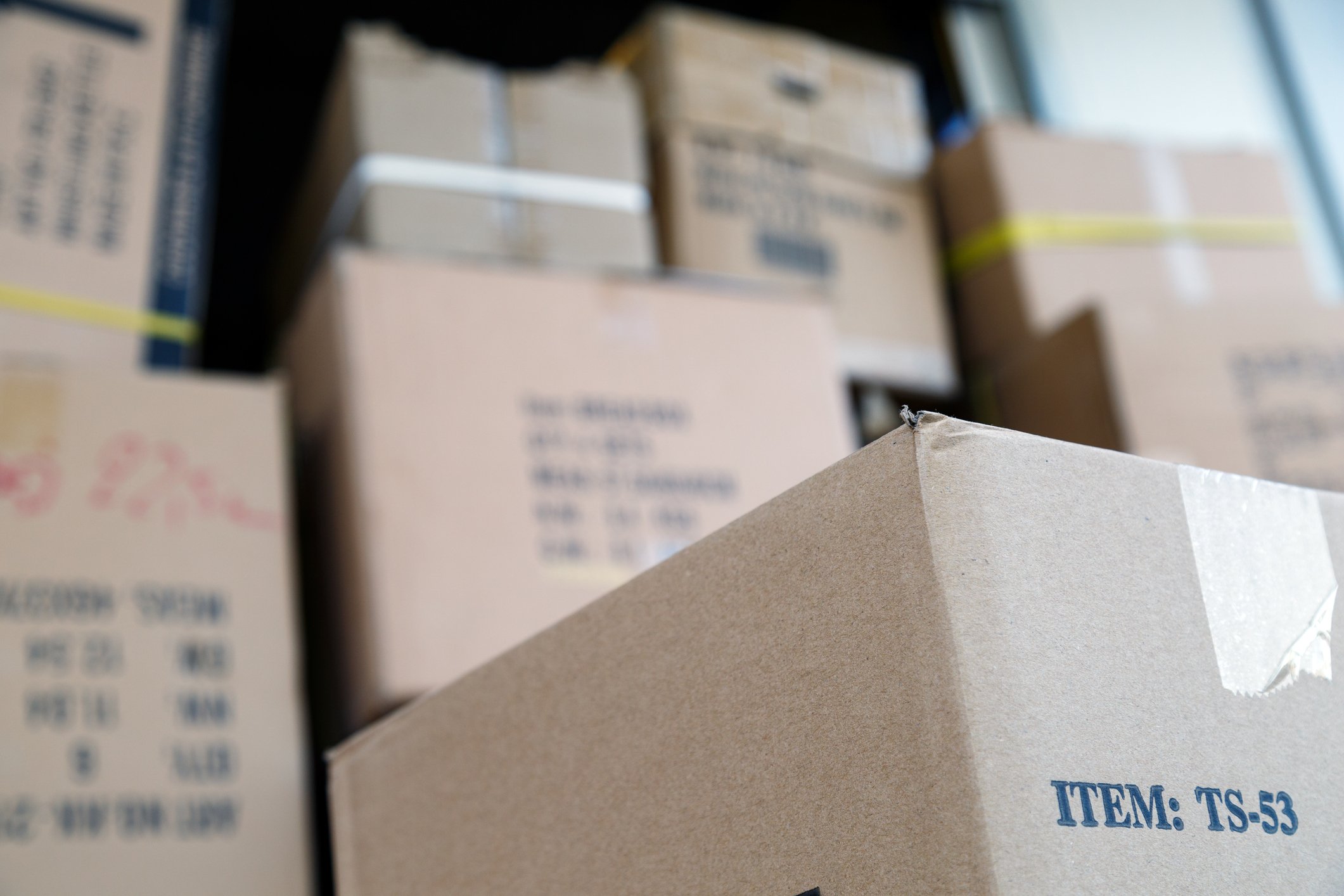 Summertime offers an endless list of ways you can take it easy, unless it’s doesn’t. It’s also moving time.
Summertime offers an endless list of ways you can take it easy, unless it’s doesn’t. It’s also moving time.
Whether we’re talking about college kids coming home for a few months or simple relocation, there’s nothing relaxing about a move — or simple. Get it wrong, and you become vulnerable to identity theft and other forms of fraud.
For most people, moving is sufficiently stressful, without any complications or threats of crime, but what most people don’t realize is that the possibility of an identity-related crime is high. Few have a clue what sort of supernova, black hole intergalactic terrible might be awaiting them on the other side of that move.
I’m not referring to late moving vans, smashed parcels or wayward personal items — I’m referring to neglected or poorly protected personally identifiable information.
Identity theft has become the third certainty in life, right behind death and taxes. It is so prevalent that you have to assume it could happen to you, and then take the proper precautions to keep it from disrupting your daily life. And it could be a considerable disruption. A good rule of thumb regarding the time it takes to recover from identity theft is six months — and about 200 hours.
Even if you are working with a company that provides identity theft resolution, you’re going to spend some time working through the kinks after an assault on your identity.
An Ounce of Prevention
In my book, Swiped: How to Protect Yourself in a World Full of Scammers, Phishers, and Identity Thieves, I write about something called the three Ms. It’s essentially a strategy for existing in a world — this one — where it’s no longer a question about if you are going to become a victim of identity theft but when.
The 3 Ms are: 1. Minimize your exposure 2. Monitor your accounts 3. Manage the damage. While the third heading here is crucial, the first two are more important to the topic at hand.
Under the first heading: Before, during and after your move, don’t share too much information with folks you don’t know — whether in person, on the phone or online via social media. Make sure that you set long and strong passwords; properly secure all computers, smartphones and tablets used by you and your family; use two-factor authentication where possible; and shred sensitive documents. The last piece of advice is very important when moving, since a lot of paper doesn’t need to come with you but contains sensitive information.
Second: Monitor yourself. Vigilance is the name of the game. You can check your credit score for free in a number of ways (for example, you can view two of your credit scores for free on Credit.com every month).
You should also consider enrolling in transactional notification programs. They may be offered for free through your bank, credit union and credit card issuers. Alternately, you can subscribe to various credit and fraud monitoring services that will inform you of any changes to your credit report — like new accounts or inquiries that you didn’t ask for — a telltale sign that someone has your information.
When moving, it is a good idea to step up your game. A lot of mail with important information is going to be in flux. Online billing and auto-pay are sound options in order to prevent lost or forgotten bills and payments while you transition.
Take Address Notification Seriously
Always make sure the federal agencies that send mail to you know where you live. A short list of places you will want to inform of any changes would include the Social Security Administration, the Internal Revenue Service and the Department of Motor Vehicles.
Next, you will want to make sure you forward your mail from your old address, but also be proactive and directly contact people and organizations that regularly send you mail. Letter carriers are not perfect, and you get substitutes on routes that can cause forwards to be ignored. Not only that, but the forwarding period generally ends after a year (it’s typically only good for 60 days on periodicals), and then your replacement in the old homestead will be getting your mail, or it will be left in a public space if you live in an apartment building.
There are services that will notify everyone that you have moved. Companies that help people relocate do it as well. Here is a long (but by no means exhaustive) list of places you will need to notify of the address change:
- Utility companies — includes internet and phone providers
- Newspapers and magazine subscription services
- Your employer
- Your health insurance company
- Your life insurance provider
- The schools you attended, alumni associations
- Other insurance policies (car, renters, catastrophic, etc.)
- Your children’s schools
- Financial institutions
- Credit card companies
- Medical professionals
- Pet-related contacts (groomers, vets, kennels)
There are other things you could put on this list — for instance, think of all the people who send you holiday cards — but if you focus on the organizations that will be sending sensitive personal information in the mail, you will be doing a lot to protect yourself.
Another major rule of thumb, carry your personally identifiable information with you during the move — keep it all in one box that travels with you.
At the end of the day, we’re all vulnerable to the threat of identity-related crime, but there are things you can do to reduce your attackable surface, and moving day is definitely one of those times when it expands drastically.










